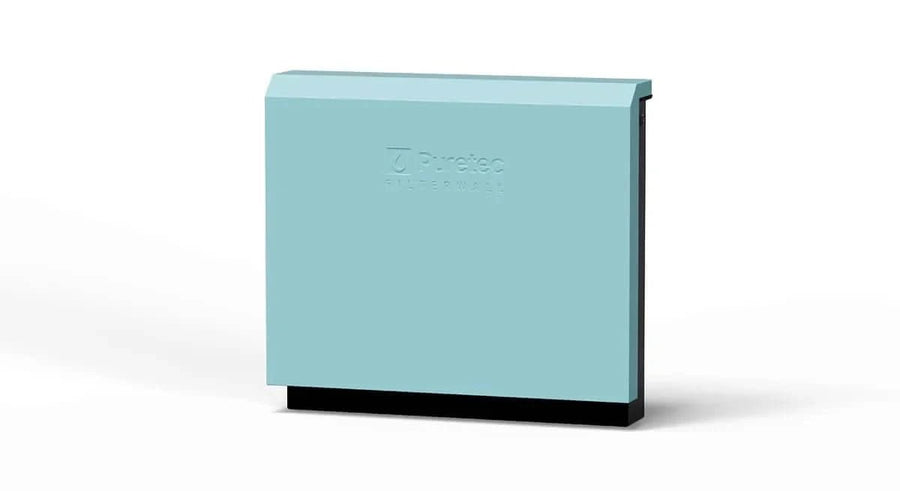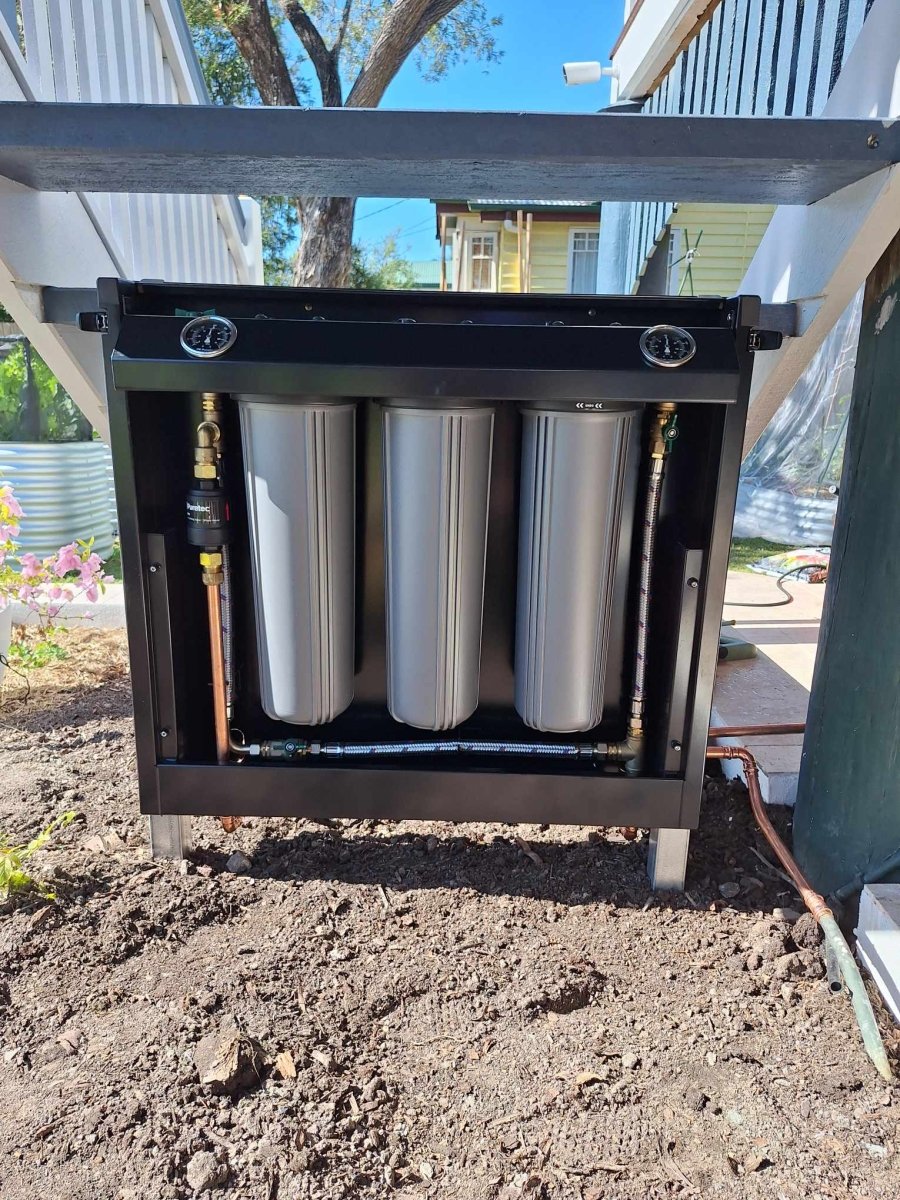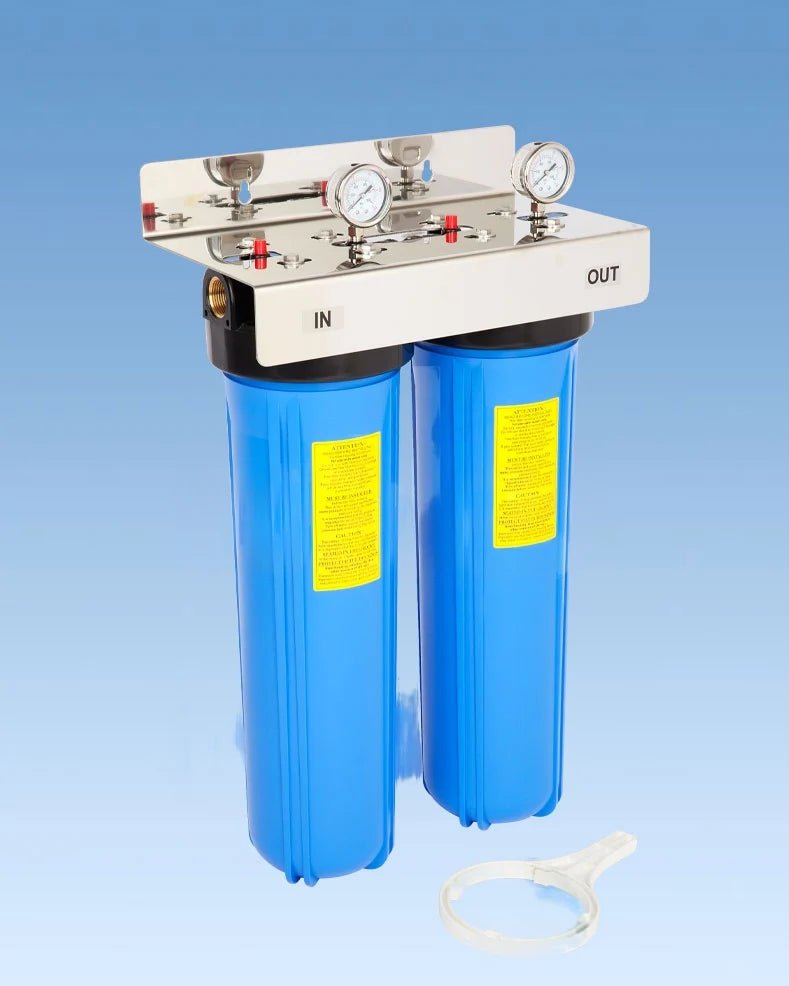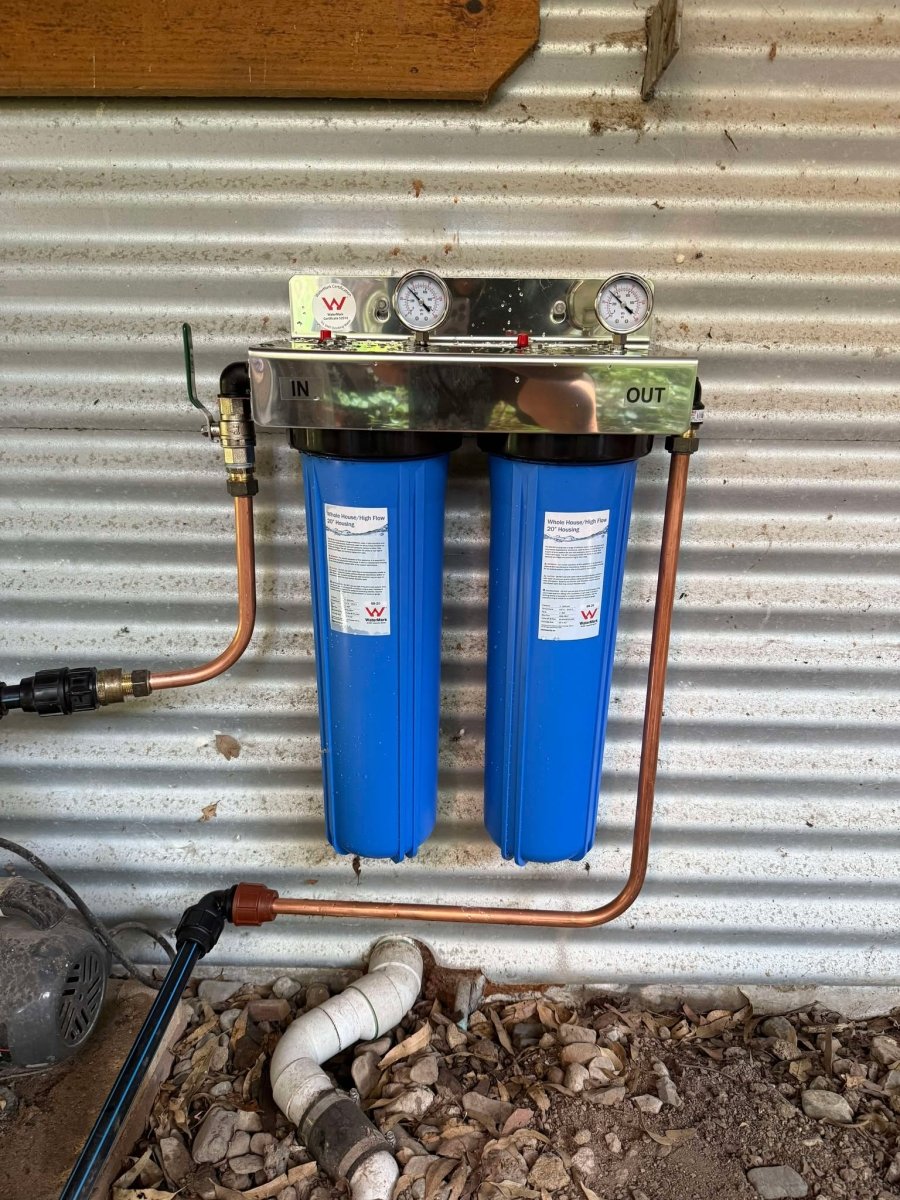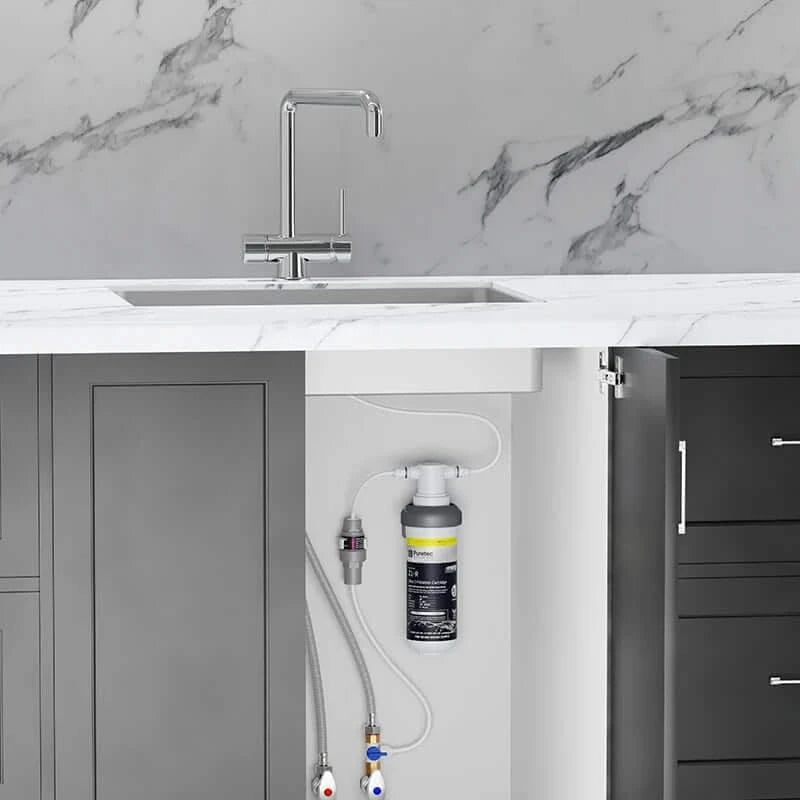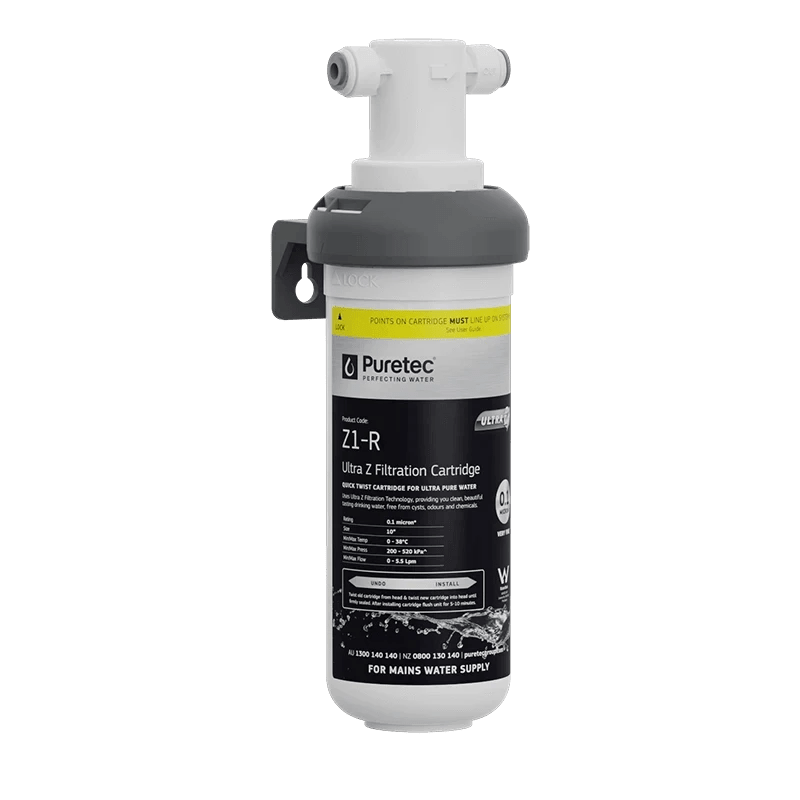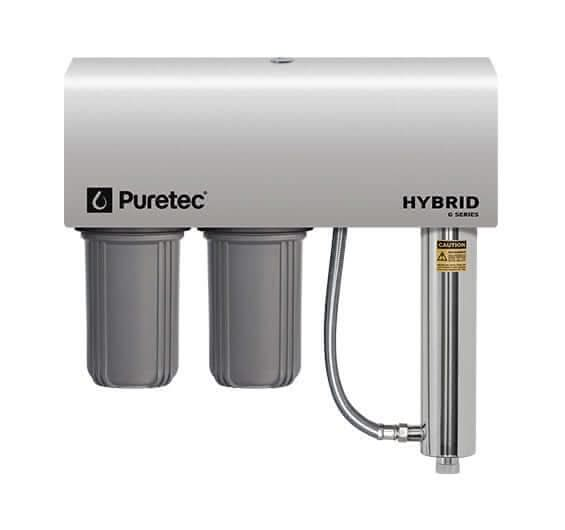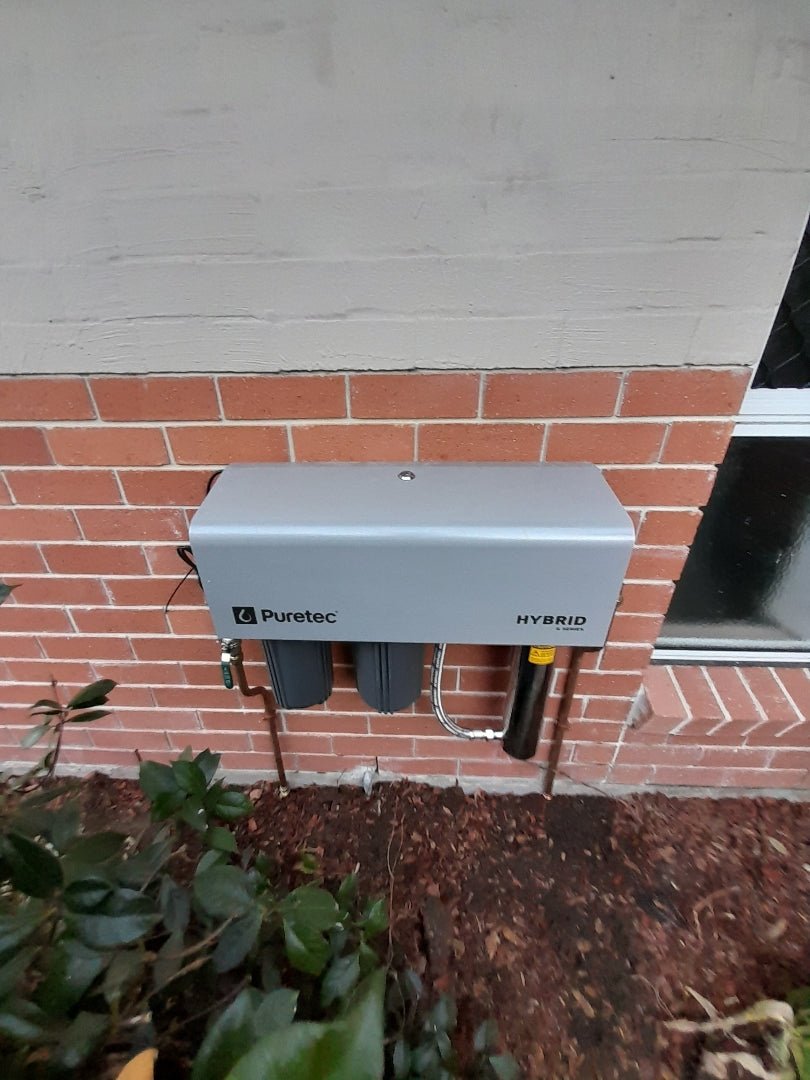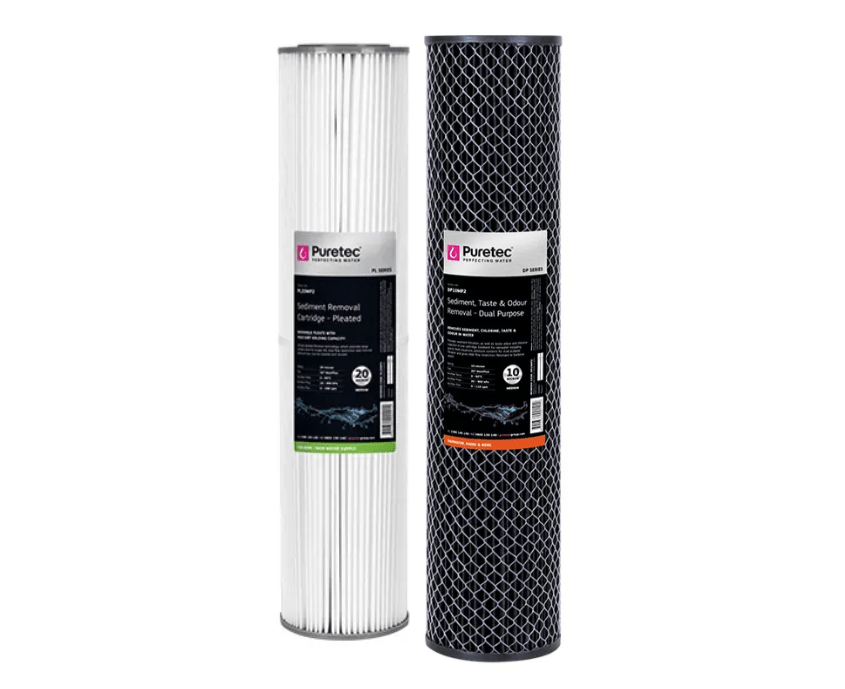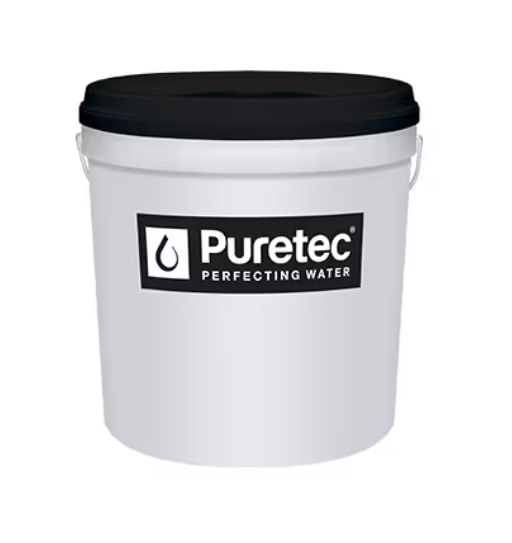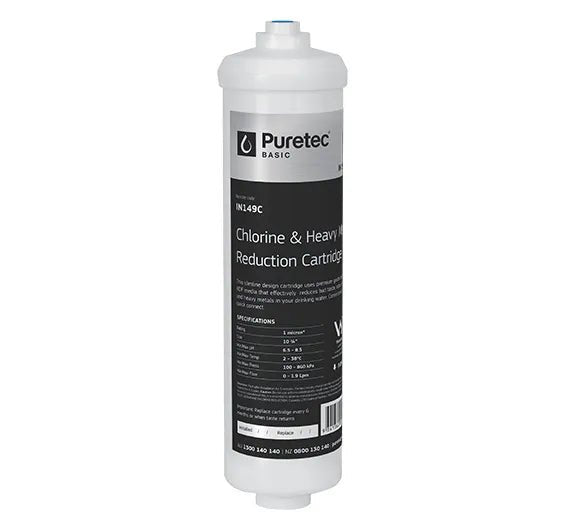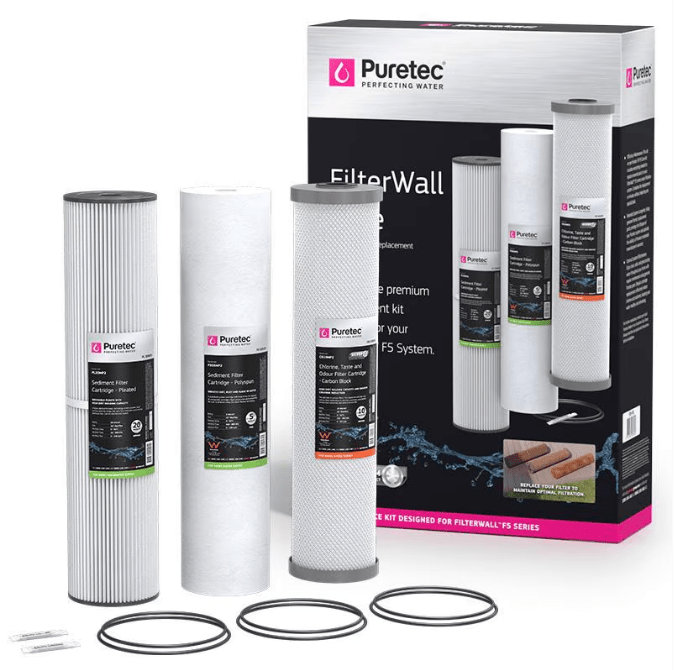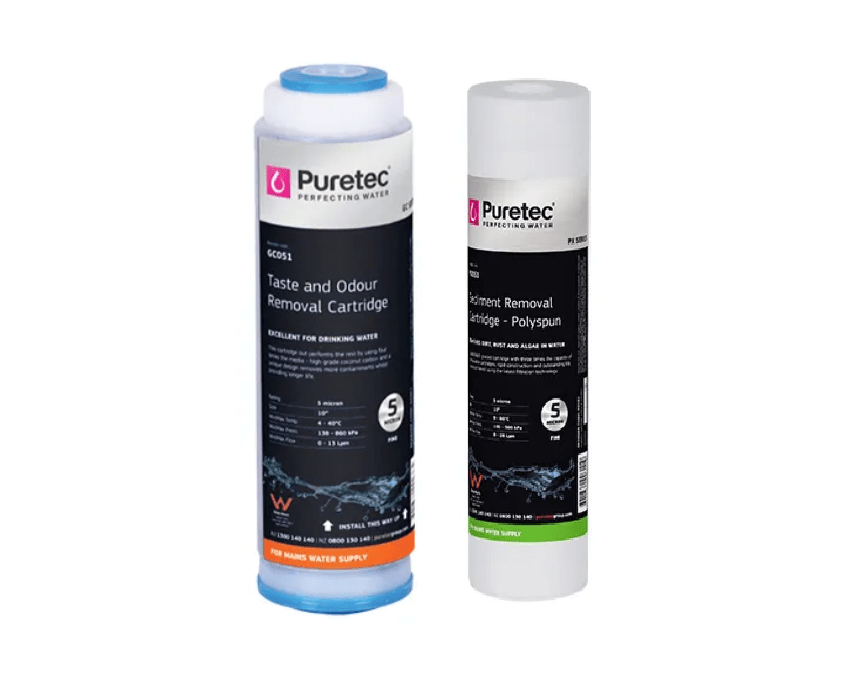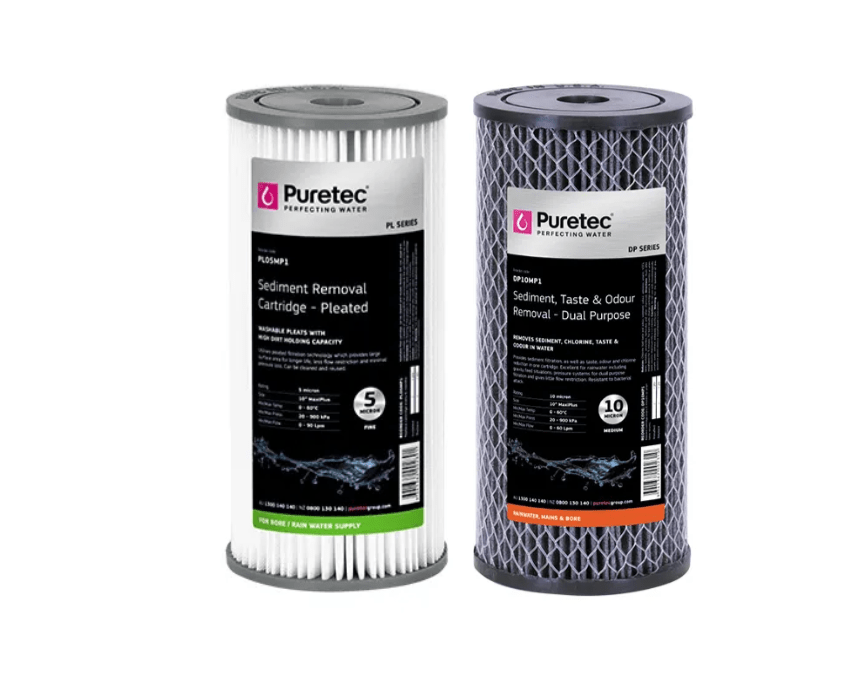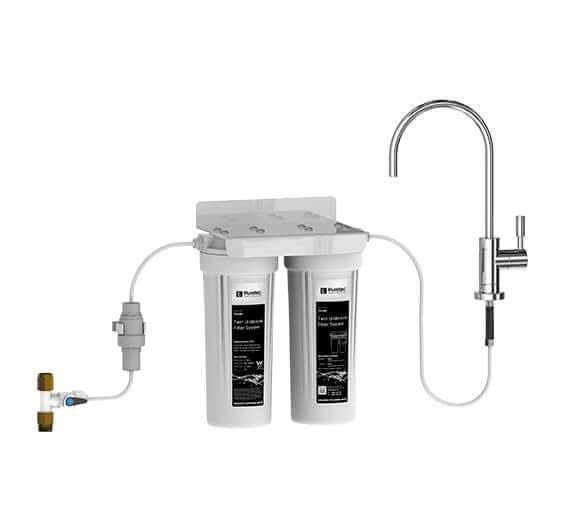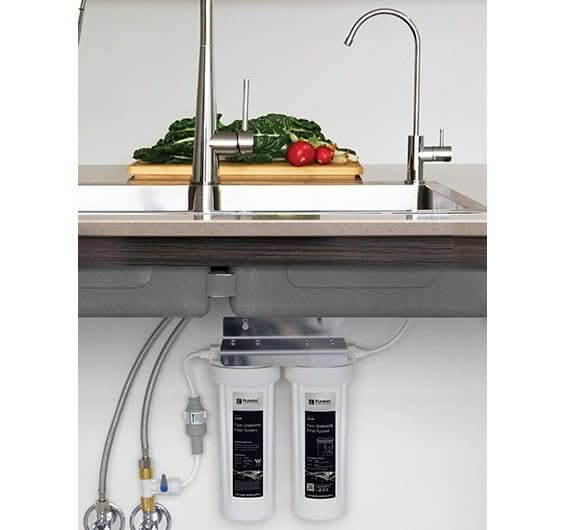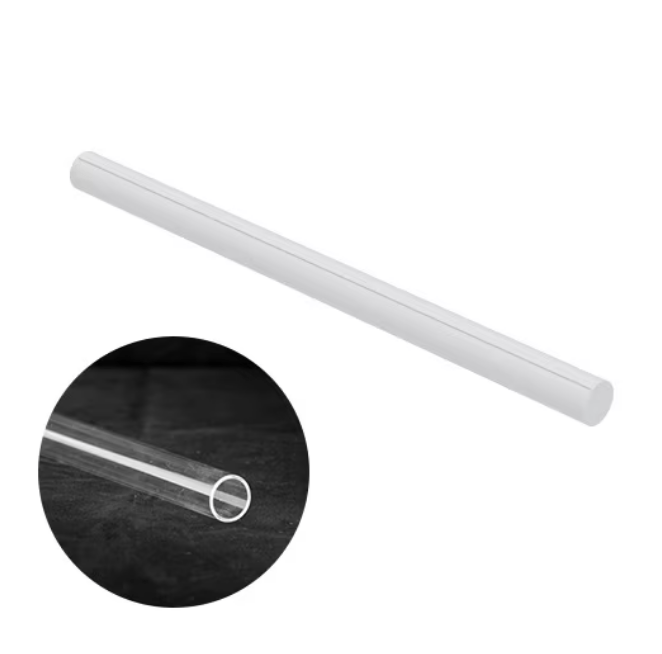Understanding Reverse Osmosis of Water: A Comprehensive Guide
Understanding Reverse Osmosis (RO) Water Filtration: A Complete Guide
Reverse osmosis (RO) is one of the most effective methods for water purification, removing up to 99% of contaminants to provide clean, safe drinking water. Whether you’re considering an RO system for your home, business, or industrial use, this guide will walk you through everything you need to know about how RO works, its benefits, potential drawbacks, and how to choose the right system.
🔹 What is Reverse Osmosis (RO)?
Reverse osmosis is a water purification process that uses pressure to force water through a semi-permeable membrane, filtering out contaminants, chemicals, and impurities while allowing clean water molecules to pass through.
This process is the reverse of natural osmosis, where water moves from a lower concentration to a higher concentration. Instead, RO forces water through a specialized membrane, leaving behind harmful substances such as:
✅ Chlorine & Fluoride
✅ Heavy Metals (Lead, Arsenic, Mercury, etc.)
✅ Bacteria & Viruses
✅ Sediment, Dirt & Rust
✅ Pesticides, Nitrates & Other Chemicals
🚰 The result? Fresh, pure water with a crisp, clean taste—straight from your tap.
🔹 How Does an RO System Work?
A reverse osmosis system consists of multiple filtration stages, each removing different types of contaminants to ensure you get the highest-quality drinking water.
1️⃣ Pre-Filtration Stage
🔹 Sediment Filter: Removes large particles like dirt, rust, and sand.
🔹 Carbon Block Filter: Absorbs chlorine, chemicals, and organic compounds to improve taste and protect the RO membrane.
2️⃣ Reverse Osmosis Membrane
🔹 The RO membrane is the heart of the system, removing dissolved solids, bacteria, viruses, heavy metals, and up to 99% of contaminants.
3️⃣ Post-Filtration & Polishing
🔹 A final carbon filter polishes the water, removing any remaining taste or odors, ensuring pure and refreshing water.
🔹 Some systems also feature a remineralization stage to add back essential minerals like calcium and magnesium for improved taste and health benefits.
🚰 The result? Ultra-pure, contaminant-free water ready for drinking, cooking, and daily use.
🔹 Types of RO Systems
There are several types of reverse osmosis filtration systems, each suited for different needs:
1️⃣ Point-of-Use (POU) RO Systems
🔹 Under-Sink RO Systems – Installed under your kitchen sink for on-demand drinking water.
🔹 Countertop RO Filters – Portable systems that sit on your counter and connect to your faucet.
2️⃣ Whole House RO Systems
🔹 Designed for large-scale filtration, treating all water entering your home, protecting appliances, plumbing, and tapware from contaminants.
3️⃣ Industrial & Commercial RO Systems
🔹 Used in factories, food production, medical facilities, and water treatment plants, ensuring purified water for various applications.
🔹 Benefits of Reverse Osmosis Water
✅ Superior Water Purity – Removes up to 99% of contaminants, including harmful bacteria, viruses, and chemicals.
✅ Improves Taste & Odor – Eliminates chlorine, fluoride, and impurities that cause bad taste and smell.
✅ Healthier Drinking Water – Reduces exposure to heavy metals and toxins linked to health issues.
✅ Cost Savings – Eliminates the need for bottled water, saving you money over time.
✅ Eco-Friendly – Reduces plastic waste from bottled water consumption.
✅ Protects Appliances – Prevents sediment and mineral buildup in dishwashers, washing machines, and hot water systems.
🚰 With RO filtration, you get clean, safe, and refreshing water straight from your tap!
🔹 Things to Consider Before Installing an RO System
🔹 Water Pressure: Most RO systems require at least 40 PSI for proper filtration. If your home has low pressure, you may need a booster pump.
🔹 Water Usage: Ensure the system can meet your household’s daily water demands.
🔹 Wastewater Production: Traditional RO systems waste 3-4 gallons per gallon of purified water, but newer models have efficiency rates of 1:1 or better.
🔹 Installation & Maintenance: Some systems require professional installation, while others are DIY-friendly. Filters typically need replacement every 6-12 months.
🔹 Remineralization: If you prefer water with minerals, choose a system with a remineralization filter to add back calcium and magnesium.
🔹 RO vs. Other Water Filtration Methods
|
Filtration Method |
What It Removes |
Effectiveness |
Best For |
|---|---|---|---|
|
Reverse Osmosis (RO) |
Up to 99% of contaminants, heavy metals, bacteria, chlorine, fluoride, etc. |
⭐⭐⭐⭐⭐ |
Drinking water, cooking, high-purity applications |
|
Carbon Filters |
Chlorine, sediment, taste & odor |
⭐⭐⭐ |
General water improvement, basic filtration |
|
UV Purification |
Bacteria & viruses |
⭐⭐⭐⭐ |
Disinfecting water, well water treatment |
|
Distillation |
Minerals, bacteria, chemicals |
⭐⭐⭐ |
Laboratory use, distilling pure water |
|
Ion Exchange |
Hard water minerals (calcium, magnesium) |
⭐⭐⭐ |
Water softening, reducing scale buildup |
🚰 RO is one of the most comprehensive filtration methods, ensuring high-purity water for daily use.
🔹 The Economics of Reverse Osmosis Water
💰 Annual cost of bottled water: $1,500+
💰 Annual cost of an RO system: $400 (maintenance & filter replacements)
✅ Annual savings with an RO system: Over $1,100 per year!
🚰 With an RO system, you’ll enjoy unlimited purified water for a fraction of the cost of bottled water.
🔹 FAQs About Reverse Osmosis Water
🔹 Is RO water safe to drink?
✅ Yes! RO removes contaminants and bacteria, providing clean, safe drinking water.
🔹 Does RO water remove beneficial minerals?
✅ Yes, but a remineralization filter can add back essential minerals like calcium and magnesium.
🔹 How often do RO filters need replacement?
✅ Typically every 6-12 months, depending on usage and water quality.
🔹 Can RO water be used for cooking?
✅ Absolutely! It’s perfect for cooking, coffee, tea, and even baby formula.
🔹 Does an RO system waste water?
✅ Traditional systems waste some water, but newer models have a 1:1 or better waste ratio.
🚰 Get Pure, Healthy Water with Reverse Osmosis!
If you're looking for a cost-effective, high-quality, and reliable way to improve your home's water, a reverse osmosis system is the perfect solution.
💡 Benefits of an RO System:
✔ Pure, Great-Tasting Water – No more chlorine, fluoride, or contaminants.
✔ Better for Your Health – Reduces exposure to harmful toxins.
✔ Saves Money – Eliminates the need for bottled water.
✔ Eco-Friendly – Reduces plastic waste and environmental impact.
🛒 Ready to upgrade your water? Explore the best RO systems today and enjoy the benefits of clean, safe drinking water at home! 💧




